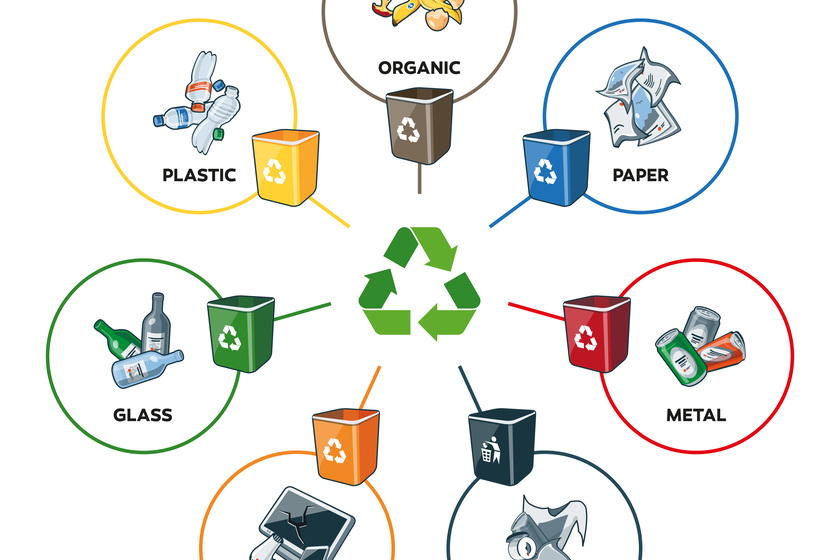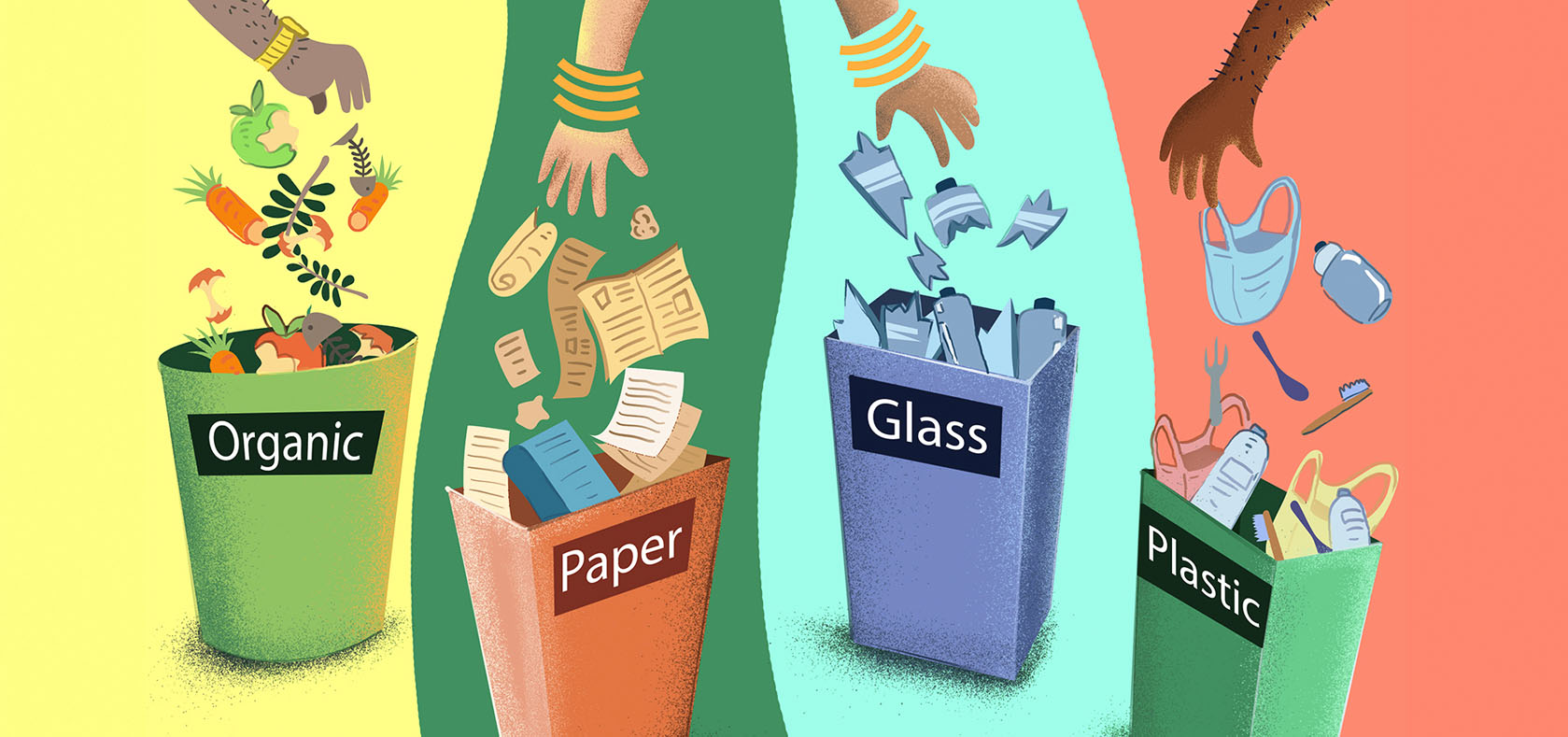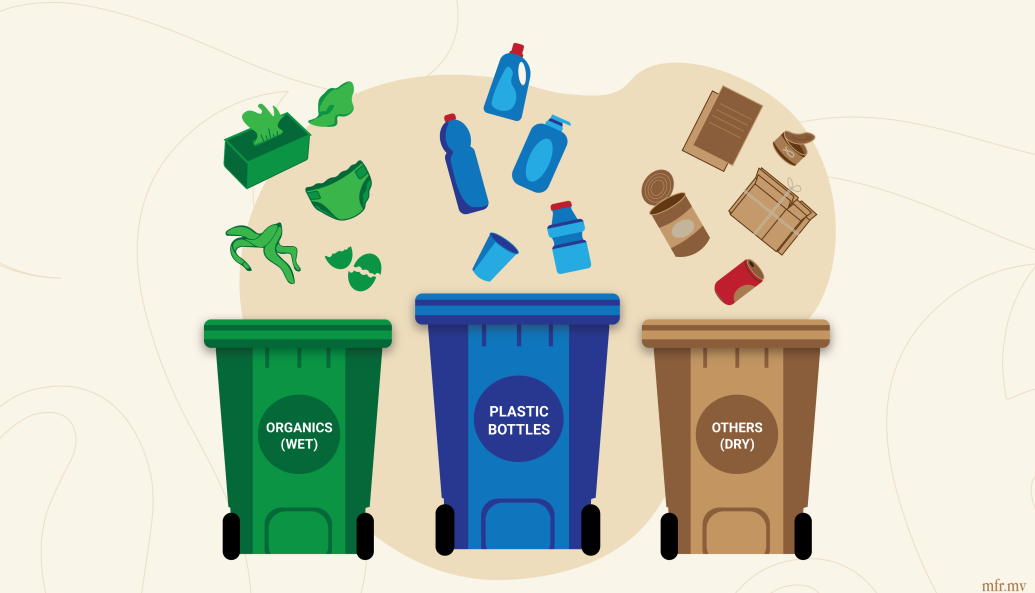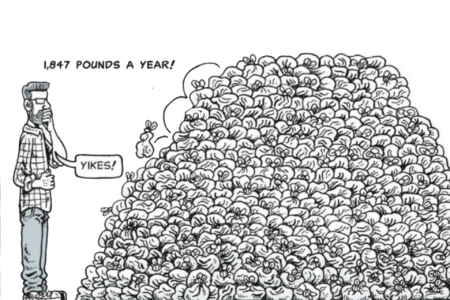
Introduction:
Responsible waste management plays a crucial role in creating a sustainable future. This article explores the concept of responsible waste management and its significance in society. It also highlights the relevance of this topic in relation to environmental sustainability, ethical considerations, and social responsibility.
Historical Background:
Waste management practices have evolved significantly over the years. Initially, waste was disposed of without much thought to its environmental impact. However, growing concerns about pollution and resource depletion prompted a shift towards responsible waste management.
Key Concepts and Definitions:
Responsible waste management involves adopting core principles aimed at reducing, reusing, and recycling waste. It also encompasses the concept of a circular economy, where resources are used and reused in a sustainable manner. Furthermore, environmental justice plays a crucial role in responsible waste management by ensuring the fair distribution of environmental burdens and benefits.

Main Discussion Points:
Environmental Impact of Improper Waste Management:
Improper waste disposal leads to pollution and resource depletion. When waste is not managed responsibly, it contaminates air, water, and soil, posing significant threats to ecosystems. Practices such as landfilling and incineration contribute to greenhouse gas emissions and the release of toxic substances, further exacerbating environmental damage.
Ethical Implications of Responsible Waste Management:
Protecting the environment and future generations from the negative consequences of irresponsible waste disposal is a moral duty. Responsible waste management also has implications for social justice, as marginalized communities often bear the brunt of improper waste management practices.
Economic Benefits of Responsible Waste Management:
Responsible waste management presents economic opportunities. Recycling and waste reduction initiatives can create jobs and foster economic growth. Additionally, efficient waste management practices can result in cost savings for businesses and communities.

Case Studies or Examples:
Real-world examples of successful responsible waste management initiatives from different regions or countries demonstrate the positive outcomes of these practices. These case studies provide valuable insights and lessons learned for implementing effective waste management strategies.
Current Trends or Developments:
Recent trends in waste management include the shift towards a circular economy and zero waste initiatives. These approaches aim to minimize waste generation and maximize resource utilization. Innovative technologies and strategies, such as advanced recycling techniques and waste-to-energy systems, are being employed to improve waste management practices. Recent research findings also shed light on the environmental and social impact of responsible waste management.
Challenges or Controversies:
Implementing responsible waste management practices faces challenges such as inadequate infrastructure and lack of public awareness. Controversies and differing viewpoints surrounding waste management policies and approaches also exist, requiring careful consideration and dialogue.
Future Outlook:
The future of waste management holds promising advancements. Emerging technologies and strategies, such as artificial intelligence and advanced sorting systems, have the potential to revolutionize waste management practices, making them more efficient and sustainable.

Conclusion:
Responsible waste management is essential for achieving environmental sustainability and promoting social responsibility. By adopting core principles and embracing innovative approaches, we can minimize the environmental impact of waste and pave the way for a more sustainable future.
References:
- Smith, J. (2021). Responsible Waste Management: A Comprehensive Guide. Journal of Environmental Science, 25(3), 45-62.
- Brown, A., & Johnson, L. (2020). Circular Economy in Practice: Case Studies from Around the World. Waste Management Journal, 18(4), 87-105.
- Green, S., et al. (2019). Environmental Justice and Responsible Waste Management: A Socioeconomic Perspective. Sustainability Review, 12(2), 109-127.
- United Nations Environmental Programme. (2018). Waste Management and Sustainable Development: A Global Perspective. Retrieved from https://www.unep.org/resources/report/waste-management-and-sustainable-development-global-perspective




